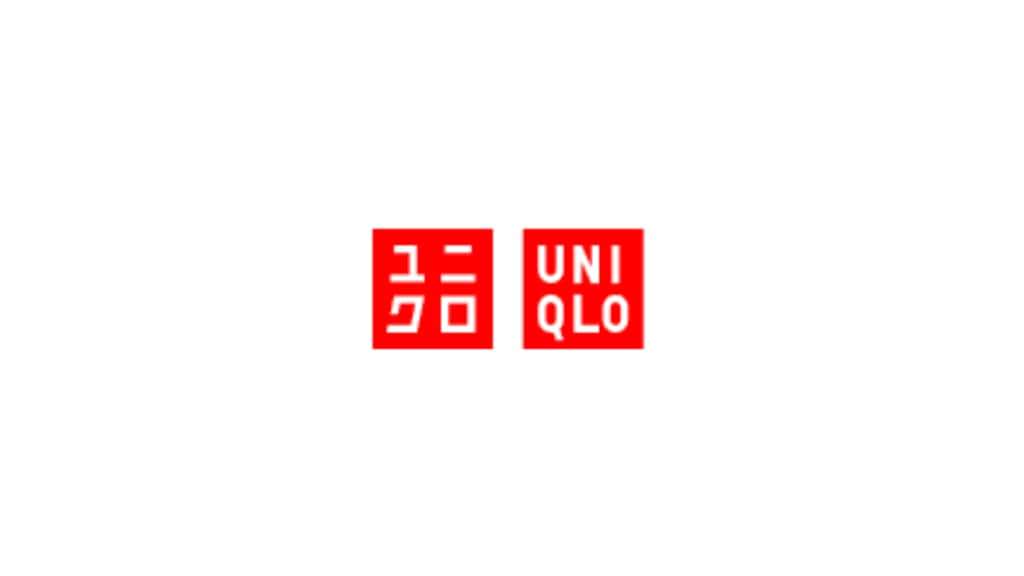At its biggest store launch in Mumbai recently, Uniqlo India brand ambassador Kareena Kapoor said that everyday wear, synonymous with the fashion brand, can also be trendy. “You needn’t wear haute couture to stand out. Simple, everyday wear, which is comfortable, can also define your style statement,” she said.
This everyday approach, which Uniqlo describes as ‘lifewear’, has seen the brand’s parent Fast Retailing touch $20 billion in annual sales globally. Uniqlo contributes 60% to its parent’s worldwide sales. India is a small contributor to the global sales but the retailer has big ambitions and is pressing all the levers of growth – both on-ground and online. The company plans to double the store count from 15 now to 30 in about three years and also increase its online contribution from 15% now to over 25% in the same period, industry observers said. Uniqlo India was not immediately available for comment.
H&M remains India’s largest fast-fashion brand, followed by Zara at number two. Uniqlo, which is Asia’s largest clothing brand, is smaller than its rivals in India, but has opted to stick it out as a slow but sustainable fashion label.
Retail experts such as Devangshu Dutta of Gurugram-based consultancy Third Eyesight says Uniqlo has a “long-term” approach to fashion as opposed to most other fast-fashion retailers such as Zara and H&M that believe in quick turnaround times for their collections that are inspired by runway trends and garments. The brand entered India — a “strategic market” — in September 2019 with one store at Ambience Mall in Delhi. It now has 15 stores across the country including three in Mumbai. The third Mumbai store, launched in November at the Palladium in Lower Parel, measures 15,000 sq. ft in size.
In a recent media interaction, Uniqlo’s chief operating officer Kenji Inoue said that the brand aimed to touch 1,000-crore in sales in the current financial year (FY25), growing at the rate of 25-30% per annum. In FY24, Uniqlo achieved sales of824 crore, growing 32% year-on-year. Net profit in FY24 touched Rs 85.1 crore, growing 25% year-on-year, as per data from the Registrar of Companies (RoC).
Zigging while others zag
Uniqlo has grown at a slower pace than its fast-fashion peers such as Zara and H&M, that believe in churning their collections every season. Sales numbers have favoured brands such as Zara — whose FY24 topline stood at 2,775 crore, a growth of 8.71% year-on-year according to India joint venture partner Trent’s FY24 annual report — and H&M, which is estimated to have crossed Rs 3,500 crore in annual sales for the period (FY24).
“Uniqlo, in many respects, has made its fabrics the high point of its fashion. The linen is authentic and sourced ethically. The retailer also puts in effort to ensure that the garments are durable and wearable over a long period of time. In other words, they ensure products are not easily disposed, typical of fast fashion labels. This is also a sustainable model of fashion,” Mukesh Kumar, a Mumbai-based retail expert, who was earlier the head of Infiniti Mall (in Mumbai) and Quest Mall in Kolkata, said.
Collections such as HEATTECH, which provides warmth without the bulk of winter wear or the AIRism collection, which allows garments to breathe and are just right for tropical weather conditions, are some instances of its focus on fabric tech, analysts tracking the market said.
Third Eyesight’s Dutta says that Uniqlo has also priced its products affordably and has stayed focused on sustainability all along. “With most brands targeting the Gen Z consumer, sustainability becomes an important route-to-market. It is a unique selling proposition in a category that is otherwise not stressing sustainability. Fast fashion has a fairly short window of wearability. Uniqlo has a lower level of churn because the model is predicated on longevity,” Dutta says.
Retail experts say Uniqlo must dial up its marketing spends in the coming years as it eyes a larger presence in India and looks to reach a wider cohort of customers with its campaigns and collections. At the recently concluded Arigato or Thank You Sale, which coincided with the popular Black Friday weekend across the world including India, Uniqlo dropped priced on bestseller products, offered sharp discounts (as much as 40-50% on select products) and raised the marketing quotient both in stores and on its digital platforms).
This could just be the first step in a more aggressive push by the brand in the world’s fourth largest fashion apparel market (behind China, the United States and Japan).

